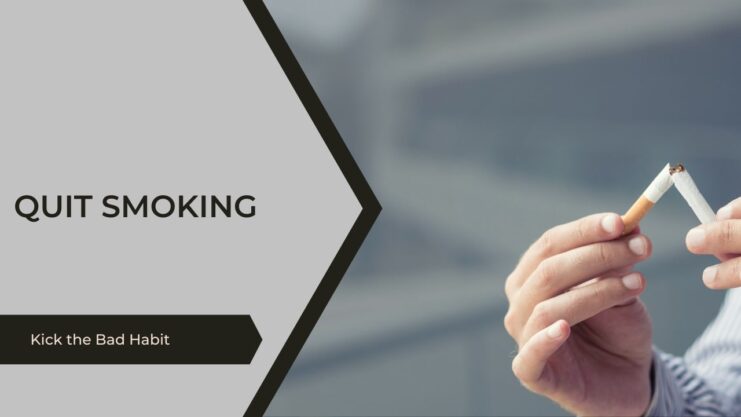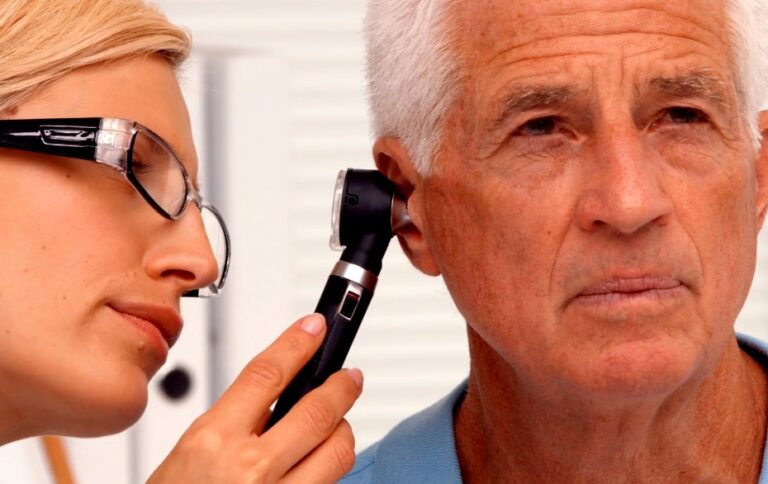Good for you. You have taken that first critical step to a healthier life. Or you might be reading this because you are tired of watching a loved one puff away his life and lungs one expensive stick at a time. Good for you too. You are saving him from strokes, heart attacks and all sorts of nasty diseases.
We all know the harmful health effects of smoking. Most of us also know of the similar harmful effects of second hand smoke. Not that you need another reason to quit smoking but have you heard of third hand smoke? This is the residual smoke that remains on indoor surfaces even after the cigarette has been extinguished. So even if you do not smoke in front of your children, the residual smoke in the sofa or carpet can still be affecting their health.
What works?

Apparently something called person to person behavioral support. That’s right. If you keep telling a person not to smoke, be it as an individual, in a group or even through the telephone, the more likely he will not smoke. Who knew?
In fact, there is strong evidence to show that the longer the session and the more counselling sessions a person attends, the more likely he will stop smoking. Here are the numbers: 24.7% of people will quit smoking with 8 sessions compared to 16.3% with 2 to 3 sessions. 22.1% of people will quit smoking if each session lasts more than 10 minutes as opposed to 13.4% if each session lasts less than 3 minutes.
Modern Technology
What was more interesting from the above data is that it also applies to counselling via telephone. In fact, even pre-recorded messages seem to work just as well as talking to another human being. So it is not too surprising that web based interventions including social media, text messages and phones apps all have been shown to increase smoking cessation rates.
A quick search with the terms ‘Quit Smoking’ on the App Store resulted in 300 Apps to quit smoking! I cannot say I know which ones work best but I think it boils down to the one that you like and that you will stick with.
Which works better: Cold Turkey or Gradual Reduction?
Apparently, no difference, at least that is what the statistics show.
Medicines

Medicines work. No surprise there either.
Nicotine Replacement treatments be it in the form of patches, gums, lozenges or inhalers all have been shown to improve rates of smoking cessation. Commonly reported side effects are insomnia, abnormal dreams (I personally do not know what a ‘normal dream’ is), headache, nausea, dizziness and palpitations.
An interesting finding was a technique called NARS which stands for Nicotine Assisted Reduction to Stop. Smokers who have not decided to quit should be encouraged to take some form of Nicotine replacement to reduce the number of cigarettes smoked per day. This actually results in twice the number of people quitting smoking after 6 months.
Varenicline (marketed as Champix in Singapore) is an oral tablet used to help a patient stop smoking. Patients on Varenicline are 3 times as likely to stop smoking compared to a placebo. Common side effects include insomnia, headache, abnormal dreams and nausea.
So what does not work?

According to the HPB document, both acupuncture and hypnotherapy do not work. I have nothing against acupuncturist and hypnotherapists however, this is classed as Grade A recommendation, Level 1 ++ evidence! This is about as rock solid as you can get in terms of medical proof.
Another thing that has not been found to work is E-cigarettes. However, this is a Grade C recommendation with Level 3 evidence. So there have only been case reports and no analytical studies. In other words some doctors say that it does not work in their patients but we don’t really know for sure.
Final Words
In conclusion, quitting smoking is a journey that requires commitment, support, and sometimes, medical intervention. While the process can be challenging, the benefits to your health and the health of those around you are immeasurable. From reducing the risk of serious diseases to improving overall quality of life, the rewards of quitting smoking are countless.
Related Posts:
- HIV – Understanding the Window Period: The Critical…
- Sex During Menstruation – The Good, the Bad and the Ugly
- 8 Ways to Fix Your Peloton Touchscreen Not Working -…
- How To Solve Discord Pop Out Not Working 2024…
- How To Find Clipboard On iPhone 6-13? - Proven Methods
- Learn How Accurate Is Find My iPhone & Recover Your…













